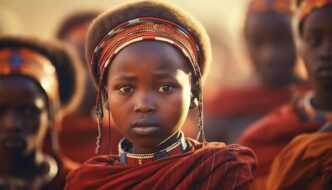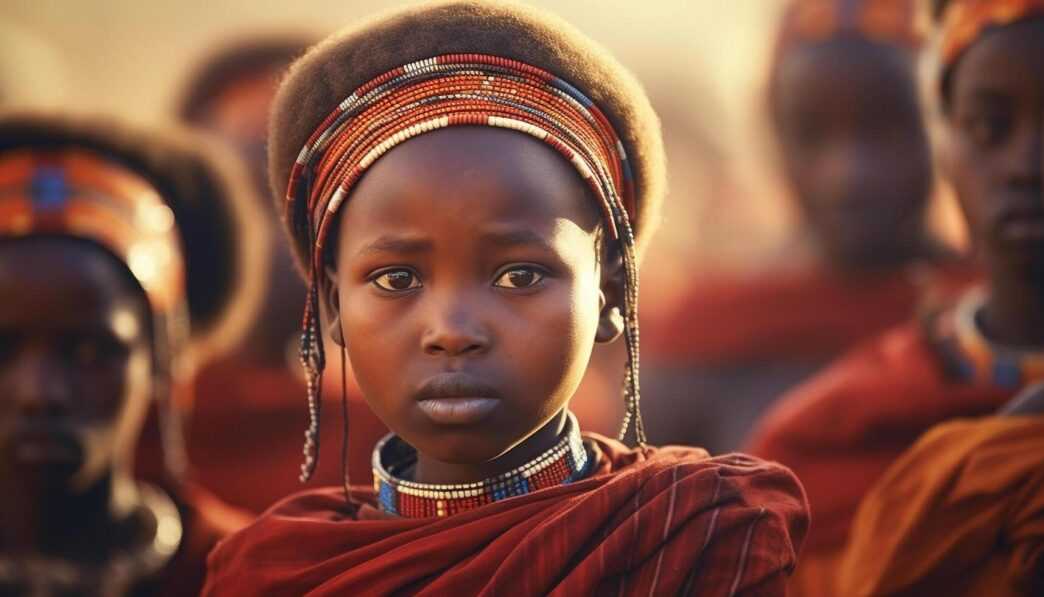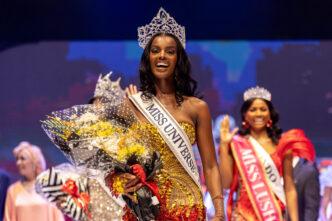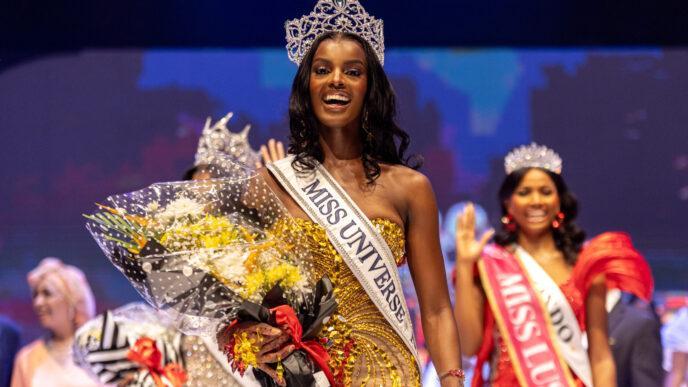In Africa, where customs and rhythms coexist peacefully with the natural world, children are not just born; rather, they are welcomed into the world with a great deal of respect, community joy, and pride in their ancestry. African communities have long maintained the view that children are sacred gifts, essential connections between the past, present, and future, rather than property or empty vessels to be filled, from the winding hills of Ghana to the savannahs of Tanzania.
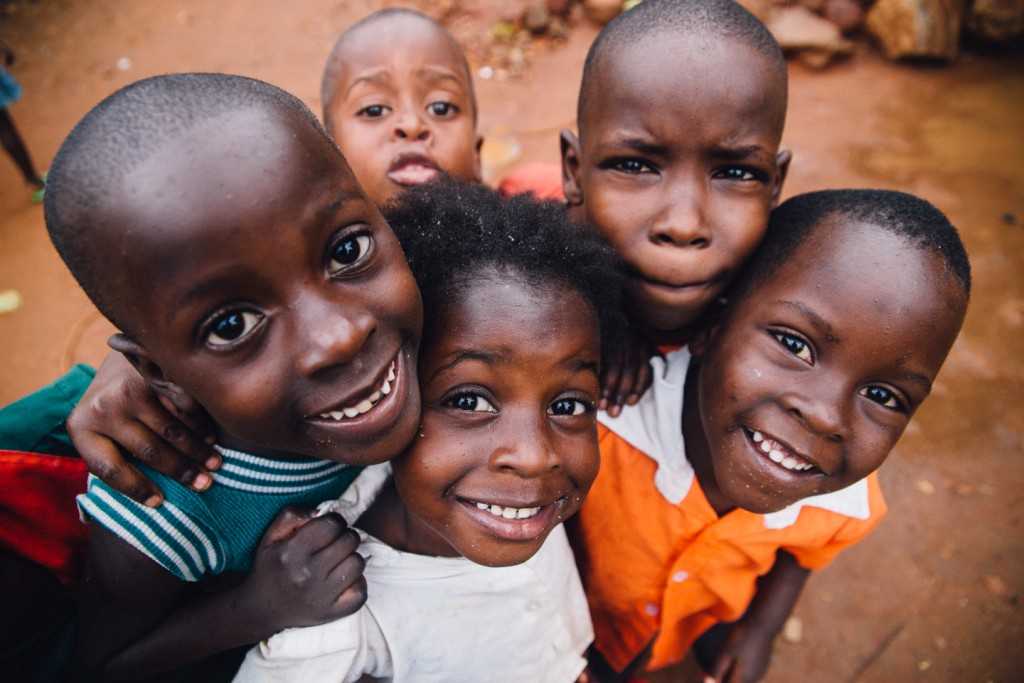
The birth of a child is more than just a family event throughout the continent. It is a collective affirmation of life itself, of legacy, and of continuance. African communities have created intricate means of celebrating, guiding, and integrating children into the social and spiritual fabric of the community through ceremonies, storytelling, and symbolic rites. In honor of Children’s Day, let us explore how the African continent celebrates its children.
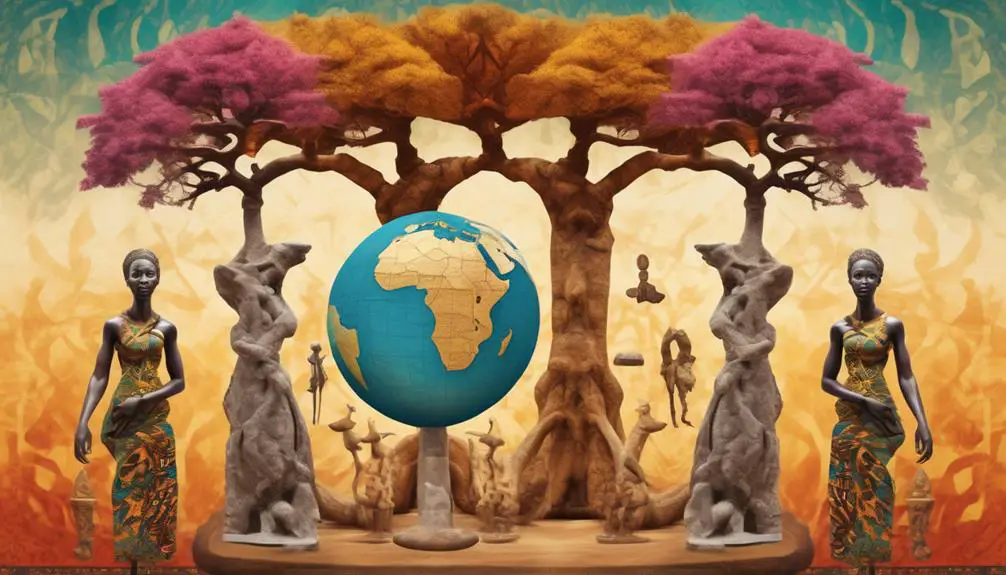
Reincarnated Spirits and Living Lineage
In many African cultures, children are believed to be reincarnated ancestors returning to the world to continue their spiritual journey. Among the Yoruba of Nigeria, for example, names like Babajide (“father has returned”) or Yetunde (“mother has come again”) reflect this belief in ancestral return. Children are seen as bearing the spirit and wisdom of those who came before, a philosophy that calls for respect and gentle nurturing.
The way children are handled is influenced by this concept. The community as a whole looks after them, yet they are not owned. Their worth is found in their identity as bearers of promise and remembrance, not in the products they create. In order to ground their identity and inculcate moral principles, elders, storytellers, and spiritual leaders surround children with proverbs, parables, and group rituals.
Akan of Ghana – The Outdooring Ritual
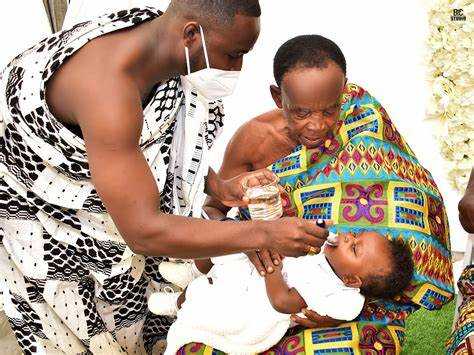
Eight days after birth, the Akan people of Ghana hold a ritual known as the Outdooring, which serves as the child’s official introduction to the outside world. The baby is raised to the sky on this day, signifying a spiritual welcome into the human world and a symbolic introduction to the ancestors. The day of the week the kid was born determines the name, which is frequently infused with ancestry or reflects the birth circumstances. This custom affirms the child’s place in the community’s continuity by integrating them into the greater narrative.
Yoruba of Nigeria – Iso Omo Loruko
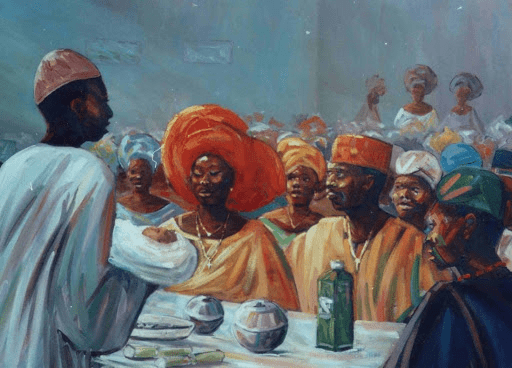
The Iso Omo Loruko naming ceremony is a colorful and significant ritual in Yoruba culture. Families come together on the eighth day to acknowledge the child’s identity, heritage, and destiny in addition to naming them. Several names could be given, each one representing the family’s spiritual experiences, hopes, heritage, or virtues. Water is sprinkled to symbolize transparency and truth, and honey is poured on the baby’s mouth to indicate sweetness in life, subtle teachings based on values that have been passed down through the years.
Serer of Senegal – The Ndut Rite
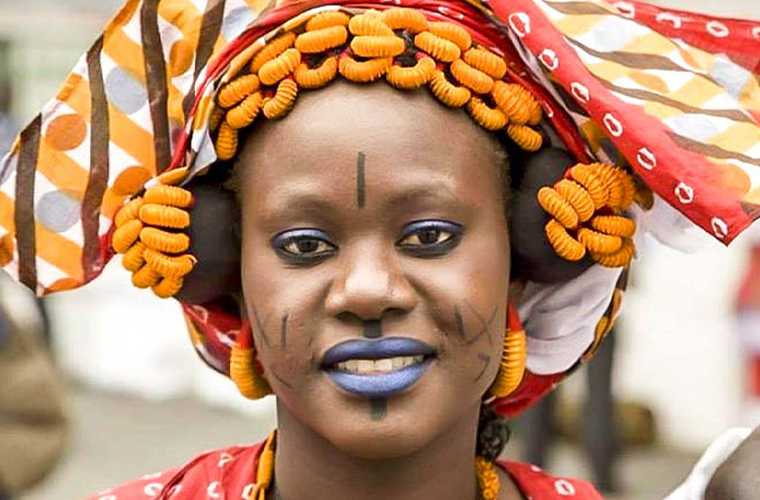
The Ndut initiation, a rite of passage that signifies the transition from childhood to maturity, is performed by the Serer people of Senegal. It is a rite of intellectual and spiritual development rather than just physical adulthood. Boys are taught history, religious principles, and civic duty during a period of isolation. Girls go through a different, but no less important, ritual that includes tattooing and womanhood instruction. Elders have a crucial role as wisdom keepers at these communal celebrations of change.
Luvale of Zambia – The Festival of Likumbi Lya Mize
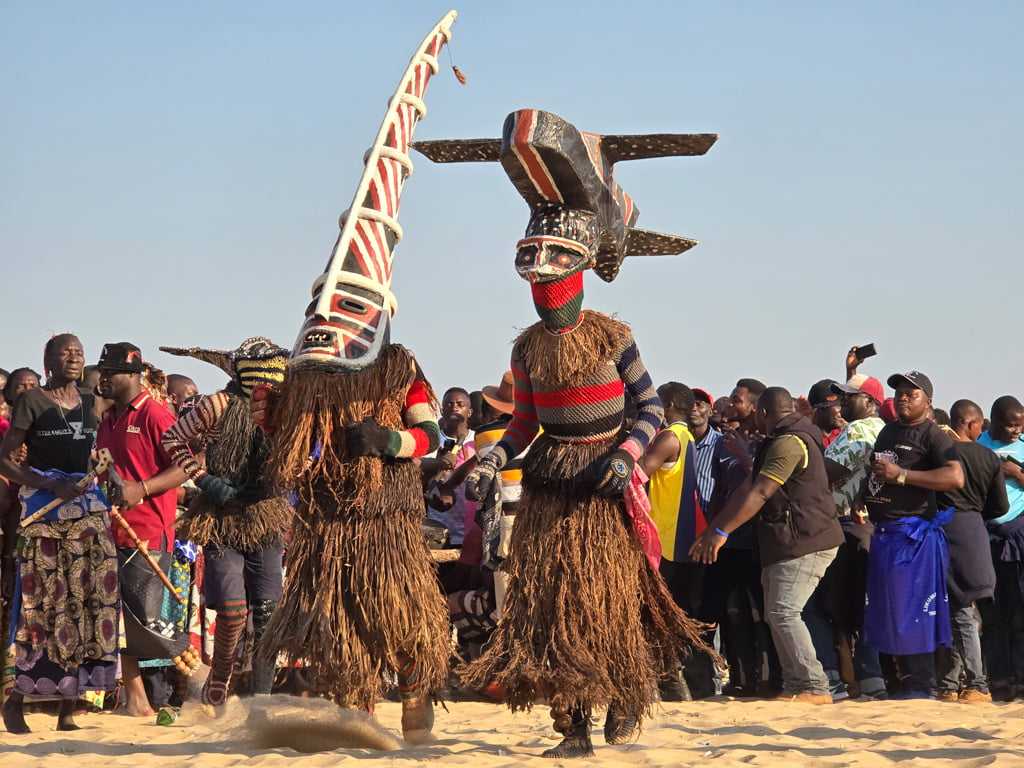
The Luvale people of Zambia celebrate culture and childhood at the annual Likumbi Lya Mize festival, where children who have undergone initiation are honored through storytelling, dance, and masks. Boys are guided through their initiation by the Makishi masquerade, which is performed by masked dancers who represent ancestral spirits, while girls are prepared for adulthood through the Wali ceremony. It is a time when heritage is performed, remembered, and renewed through the eyes of youth.
Chaga of Tanzania – Symbols of Growth
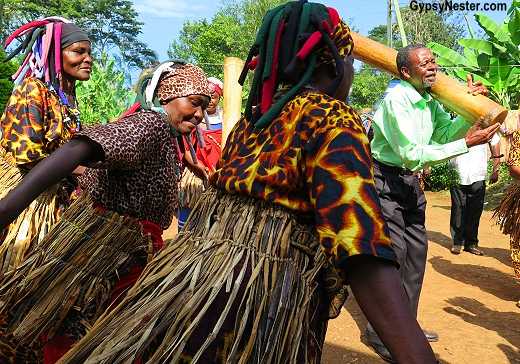
Tanzania’s Chaga people have distinctive customs for commemorating a child’s development. In order to invoke ancestral blessings, grandfathers pierce children’s ears when they are about six years old. By the age of twelve, the child’s physical and spiritual growth is symbolized by the extraction of the lower center teeth and their offering to ancestor spirits. These occasions are not concealed; rather, they are honored, celebrated, and observed.
Perhaps the most effective and widely available method for developing children among these traditions is storytelling. African children receive a consistent diet of moral teachings, cautions, encouragements, and cultural pride through folktales, oral history, and proverbs. More than just nighttime entertainment, figures like Anansi the Spider and the wise tortoise impart wisdom and help kids make decisions and interact with others in the real world.
Stories, not orders, are used to teach values like community service, humility, courage, and respect for elders. The purposeful blurring of the boundaries between fiction and instruction enables kids to learn morals and social norms in natural and enduring ways.
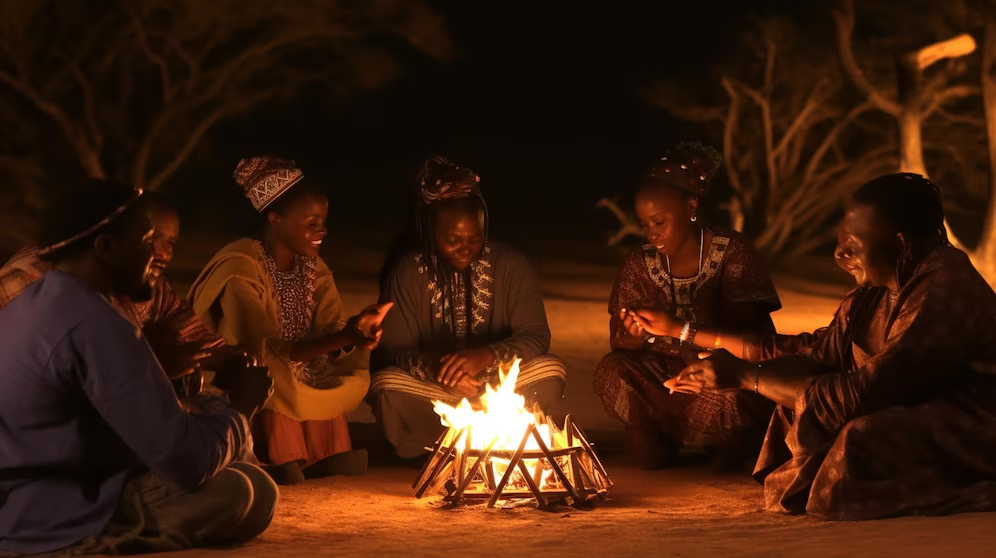
The adage “It takes a village to raise a child” is not a cliché in Africa; rather, it is a reality. Rituals, teachings, and ceremonies are never personal. They are group-oriented. A child’s developmental stages are collective triumphs. The lessons provided to one child benefit the entire community; the birth of one child fortifies the entire bloodline.
Many of these rituals still exist today, despite the challenges posed by urbanization and contemporary pressures; their forms are changing, but their goals remain constant. African families continue to use culturally based customs to teach, nurture, and document their children’s development, whether they live in urban centers or rural villages.
Through rites, stories, and community care, children are not just celebrated, they are empowered to carry the hopes of those before them and shape the world after them.
In Africa, children are the heartbeat of the future, and from birth, they are cherished as such.
